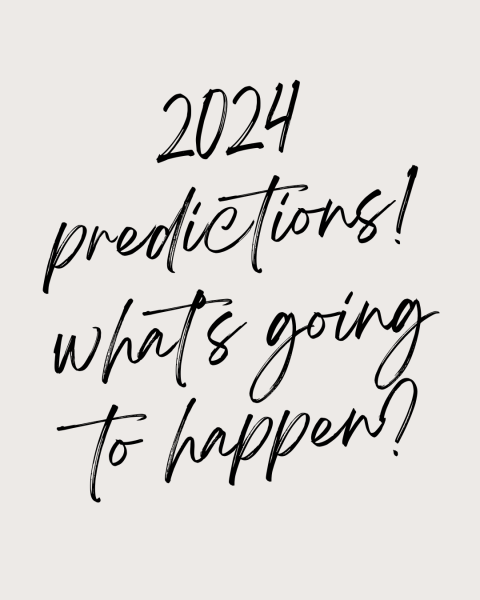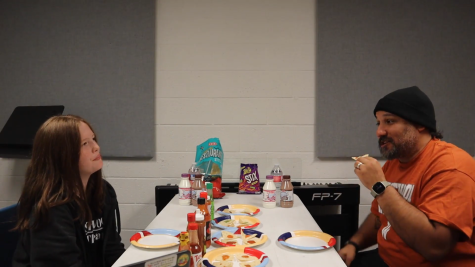History of Christmas

In the early years of Christianity, Easter was the main holiday, the birth of Jesus was not celebrated. In the fourth century, church officials decided to institute the birth of Jesus as a holiday. Unfortunately, the Bible does not mention the date of his birth. Although some evidence suggests that his birth may have occurred in the spring, Pope Julius chose December 25. It is commonly believed that the church chose this date in an effort to use the traditions of the Pagan Saturnalia Festival. First called the Feast of the Nativity, the tradition spread to Egypt by 432 and to England by the end of the sixth century. By the end of the eighth century, the celebration of Christmas had spread all the way to Scandinavia.
Today, in the Greek and Russian Orthodox churches, Christmas is celebrated 13 days after the 25th, which is also referred to as the Epiphany or Three Kings Day. This is the day it is believed that the three wise men finally found Jesus in the manager.
By hosting Christmas at the same time as the Winter Solstice Festival. By the Middle Ages, Christianity had replaced pagan religion. On Christmas, believers attended church, then celebrated raucously in a drunken, carnival-like atmosphere similar to today’s Mardi Gras. Each year, a beggar or student would be crowned the “lord of misrule” and eager celebrants played the part of his subjects. The poor would go to the houses of the rich and demand their best food and drink. If owners failed to comply, their visitors would most likely terrorize them with mischief. Christmas became the time of year when the upper classes could repay their real or imagined “debt” to society by entertaining less fortunate citizens.
As Americans began to celebrate Christmas as a perfect family holiday, old customs were celebrated again. In the next 100 years, Americans built a Christmas tradition all their own that included pieces of many other customs, including decorating trees, sending holiday cards, and gift-giving.
Although most families quickly bought into the idea that they were celebrating Christmas how it had been done for centuries, Americans had really re-invented a holiday to fill the cultural needs of a growing nation.

Jack Purcell likes sketching, and ceramics. He was in Mr. Ramirez’s art class for 6th and 7th grade and is now in Mrs. Loera’s class for 8th grade....



















